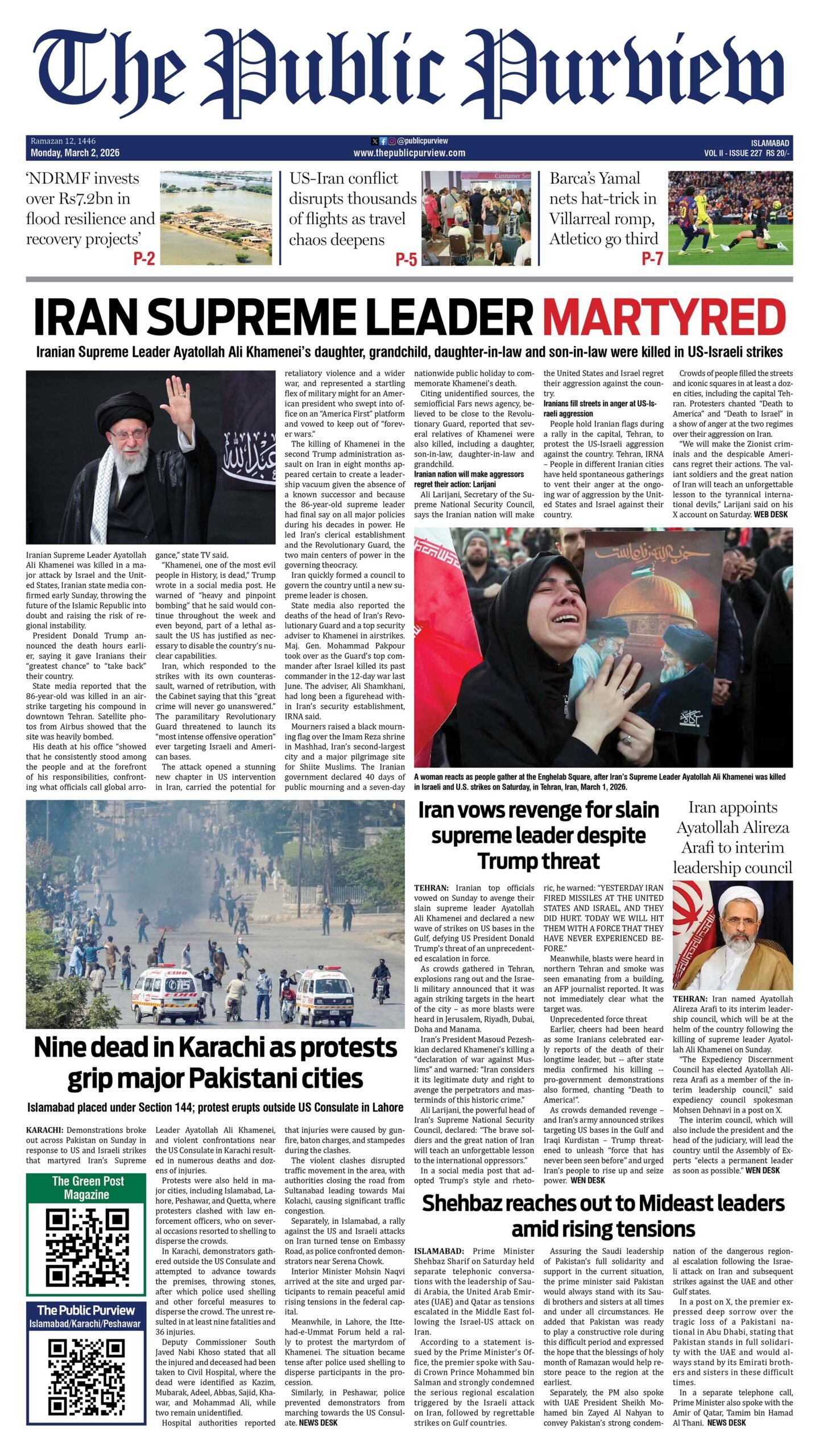In a climate of heightened regional tensions, recent allegations by India that Pakistan attempted to strike the revered Golden Temple with drones and missiles between the night of May 7 and 8 have been categorically rejected by Islamabad. Pakistan’s Foreign Office has denounced the accusations as “baseless and incorrect,” reaffirming the country’s deep respect for all religious sites and its commitment to regional peace and security.
The Golden Temple, stands as the most sacred site in the Sikh faith and is recognized globally as a symbol of peace, devotion and historical significance. Accusations that Pakistan would contemplate targeting such a place are not only inflammatory but also deeply offensive to a nation that hosts several of Sikhism’s holiest sites, including Gurdwara Darbar Sahib in Kartarpur.
In a strongly worded statement, the Pakistani Foreign Office declared, “We categorically reject the allegations that Pakistan attempted to target the Golden Temple, the most revered place in the Sikh faith.” The spokesperson went on to emphasize that Pakistan holds all places of worship in the highest regard and has never, and would never, consider attacking a religious site.
Pakistan is home to some of Sikhism’s most important historical landmarks and has gone to great lengths to preserve these sites and facilitate religious tourism. The Kartarpur Corridor, a visa-free border crossing allowing Sikh pilgrims direct access to the Gurdwara Darbar Sahib, is a testament to Islamabad’s commitment to interfaith harmony and religious freedom. Each year, thousands of Sikhs from around the world visit these shrines peacefully and with respect a reality that stands in stark contrast to the recent allegations.
Turning the spotlight on events that unfolded during the night of May 6 and 7, the Pakistani government accused India of launching a barrage of attacks on various sites within its territory, including several mosques. These attacks, Islamabad claims, resulted in the loss of more than 50 Pakistani lives, including both civilians and security personnel.
In response to what it termed as “unprovoked aggression,” Pakistan launched a retaliatory military operation dubbed “Operation Bunyan-ul-Marsoos.” Described by officials as “precise and proportionate,” the retaliatory strikes targeted Indian military positions across several sectors, in what Pakistan deemed a legitimate act of self-defense in accordance with international law.
The Foreign Office further criticized New Delhi’s attempt to deflect attention from its own aggression by leveling sensational and unsubstantiated charges against Pakistan. “The allegations levelled by the Indian side cannot shift attention from this unacceptable act,” the spokesperson noted, referring to India’s strikes inside Pakistani territory.
Pakistan’s response, though strong, was calibrated a reminder to the international community of Islamabad’s commitment to maintaining peace despite repeated provocations. The swift mobilization of global powers following the exchange of fire between the two nuclear-armed neighbors underscores the fragility of the situation and the urgent need for responsible diplomacy.
For decades both India and Pakistan have walked a fine line when it comes to military engagements and rhetorical posturing. But when matters of religion are dragged into geopolitical disputes, the risks grow exponentially. The Golden Temple is not just a religious monument it is a cornerstone of Sikh identity. Accusing Pakistan, a nation that safeguards several Sikh religious sites, of targeting such a sacred location threatens to further fracture regional harmony and stoke communal tensions.
This latest episode highlights the pressing need for verifiable dialogue and mutual respect in South Asia. The escalation, loss of life, and ensuing blame game should serve as a wake-up call to leaders on both sides of the border and to the international community that durable peace will never be achieved through accusations and aggression, but only through sincere and sustained diplomacy.
Pakistan’s position is clear: it remains committed to the protection of religious freedom and the sanctity of all places of worship. At the same time, it reserves the right to defend its sovereignty and citizens from external aggression. As the region stands on edge, the burden falls upon responsible global actors to ensure that facts, not fabricated narratives, shape the path forward.







 Today's E-Paper
Today's E-Paper